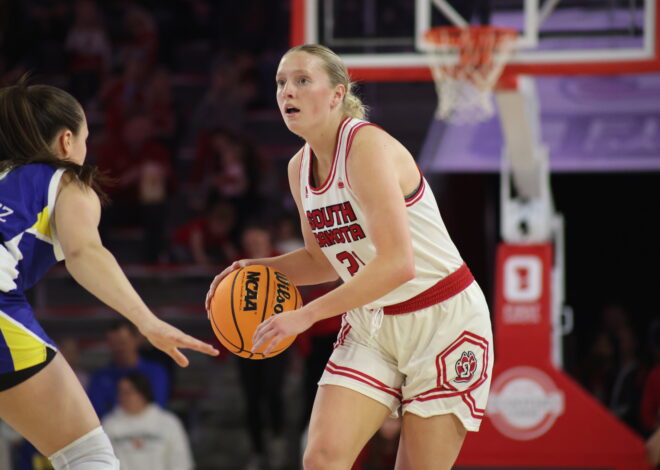
Balancing school and sports requires focus, time management skills
Since I was eight-years-old, my life has revolved around the sport I participate in. By the time I was 11, I had swim practice twice a day.
Because of this, I’ve grown up learning how to balance out my life. Between practices, school and extra-curricular activities, time management became second nature.
While my years of experience had prepared me for swimming at the Division I level, college athletics is a whole different story than high school and one I wasn’t expecting.
Practices are harder, longer and more time-consuming in college. I feel sore and pain in places I never have before. There’s added pressure because proving myself and earning the spot on the team is a much more intense feeling.
I didn’t expect such a huge change when coming to college, and my freshman year was quite difficult because of it. I was sick many times and my grades weren’t near as impressive as in high school.
My first year was a great learning experience, however, and now I’m perfectly able to handle all that comes with being a student-athlete.
While the NCAA strongly enforces academics before athletics, this can never really happen, and that’s because everything revolves around sports when you’re an athlete.
When and what I eat, when I sleep, when my classes are, when I do homework — all of it depends on practice times and competition dates. The schedule becomes habit after not too long.
It’s both a gift and a curse that I’m able to fall into a routine when being an athlete.
Practices are always set at the same time each day, and there are two practices five days a week, with one practice on Saturday. These practices serve as the boundaries when fitting in other daily activities.
Classes must fall between 8 a.m. and 3 p.m., and homework is done after 6 p.m.
One trick to making it work is using any ounce of free time to do class assignments. Whether it’s 10 minutes or 60, every bit of time matters.
Obviously, this plan doesn’t always pan out flawlessly. It’s easy to take a nap instead of completing an assignment due the next day. As good as I am at managing time, I’m even better at completing procrastinated work under pressure.
Typically, assignments that are the easiest are the ones I’m least likely to complete on time. I always save those for last in case of having to squeeze an assignment in right before class. Whipping out an essay in less than an hour is my specialty.
Sometimes, though, how tired I am and the lack of time available prevents me from completing an assignment. When this happens, I have to cut my losses and turn an assignment in late.
When deciding on which assignments to turn in late, I always look at the penalty for doing so, or if I can even get away with it.
The downside to using this technique is that it becomes very easy to fall behind, so I try to limit my use of it. While it’s the easiest solution short-term, it’s the most difficult to manage long-term.
While I’ve had plenty of time to practice my school tips and tricks, I’ve had less time to adjust to college classes.
I feel I do pretty well in school as a whole, but it was extremely difficult for me to adapt from high school to college.
In high school, A’s came quite easy to me. While I still feel getting good grades is easier for me than it may be for some, getting B’s was not something I was used to.
I beat myself up for it, and the biggest thing I’ve learned is how to accept getting a lower grade. No matter how many tips for managing time between sports and school there are, the only thing that matters is mentality.
If I didn’t play a sport, my grades would be better. If I didn’t go to school, my swimming would be faster.
Understanding this and knowing I have to consistently make sacrifices in order to do the things I love is the most important aspect of balancing my life.
Being happy with the opportunities I’m given, never taking advantage of them and doing the best I can has prepared me for the rest of my college career and any future endeavors.

